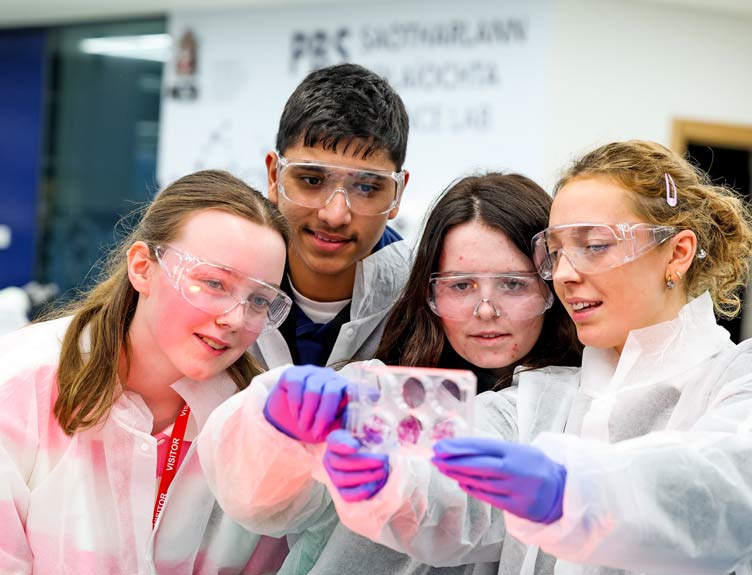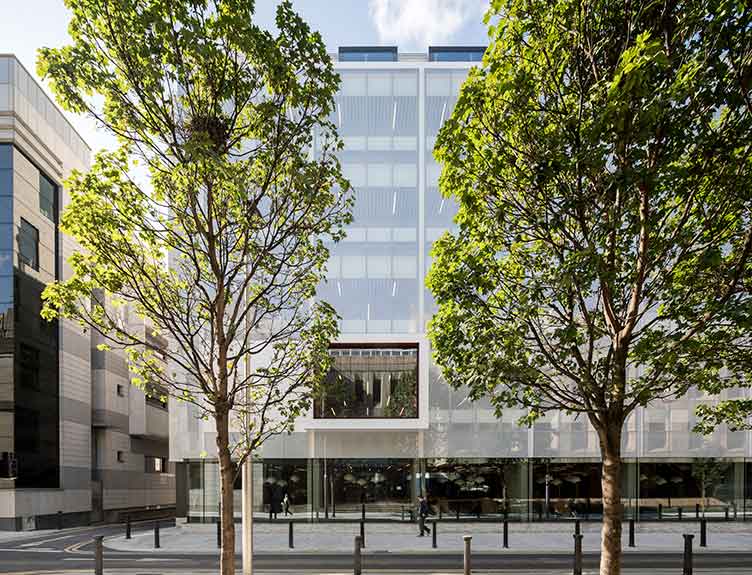RCSI marks new era in Anatomy and Regenerative Medicine
RCSI today marks a milestone in the institution’s evolution with the renaming of the historic Department of Anatomy as the Department of Anatomy and Regenerative Medicine.
This important development brings together an academic department steeped in history with a research department, which is driving cutting-edge research in regenerative medicine.
Professor Clive Lee, 29th Professor of Anatomy at RCSI said: “The Department of Anatomy has a rich history of innovation dating back to early professors such as Abraham Colles who introduced the teaching of regional anatomy and whose identification of the Colles fracture, decades before x-rays were invented, was ahead of its time.
“The newly named Department of Anatomy and Regenerative Medicine recognises the tradition of innovative anatomical teaching that underpins our ethos and highlights our relevance to medical research today and in the future.”
Professor Fergal O’Brien, Professor of Bioengineering and Regenerative Medicine and Director of Research and Innovation at RCSI said: “Today’s announcement is reflective of our vision of integrating world-class research in the department with a renowned pedigree in teaching and education.
“As RCSI’s first Professor of Bioengineering and Regenerative Medicine, I am excited to be part of the Department’s advancement to an international leader in the field of regenerative medicine. I look forward to continuing to train the next generation of researchers and clinicians and translating our impactful findings in tissue engineering into treatments that will transform the lives of patients worldwide.”
This short film showcases the Department’s progression from its early historical innovations to the future-focussed regenerative medicine research with the potential to repair human tissue damaged by injury or disease.



